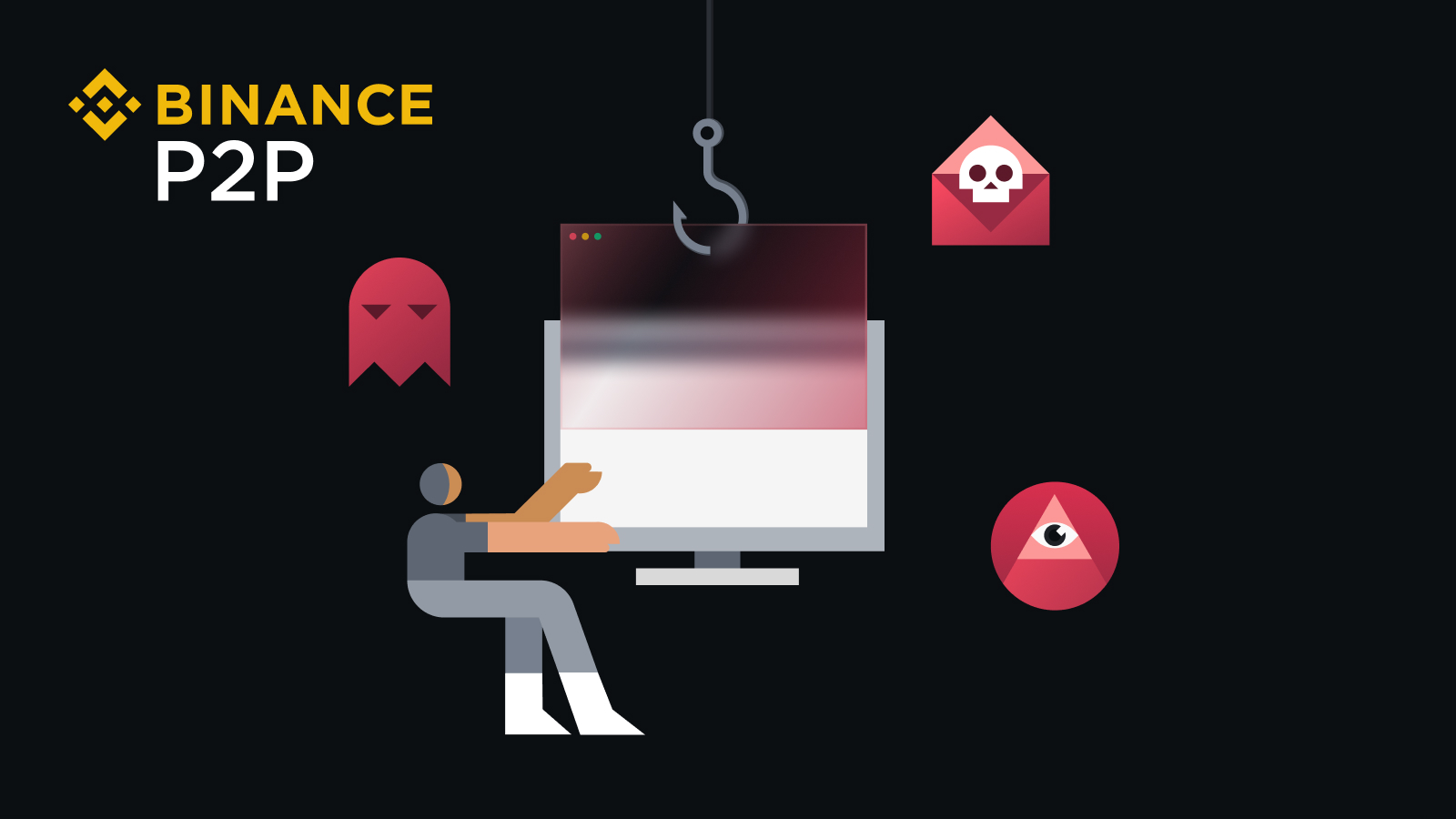Stay Safe Online: Understanding and Preventing Account Selling Scams
Main Takeaways
Account selling scams occur when victims are lured into selling their account details with the promise of large rewards. This typically leads to unauthorized, fraudulent activities using their accounts.
Potential consequences of this type of scam include legal troubles, account suspension, financial loss, and possibly identity theft.
To prevent this scam, stay updated on your bank’s and Binance’s policies, monitor your accounts frequently, and immediately report suspicious activities to authorities.
Account selling scams occur when scammers convince users to give away their account details, usually in return for a monetary reward. Once the scammers have these details, they can make unauthorized transactions, causing users to potentially lose money and face other legal issues. Account selling scams fall under the broader category of account takeover attacks, which involve scammers gaining unauthorized access to user accounts.
In today’s digital world, online security and privacy are of the utmost importance, especially when it comes to money. It’s crucial to protect your Binance and bank account details; selling them is prohibited. In this article, we’ll discuss why this is the case, the dangers and consequences of doing so, and preventative measures to protect yourself.
Breaking Down Account Selling Scams on Binance
In the context of Binance, account selling scams occur when Binance users are persuaded to give their account details to a scammer, usually with the promise of a hefty monetary reward. This typically involves selling both the Binance account and the bank account linked to it.
The scammer then pretends to be a seller, advertising fake products or services to people who aren’t on Binance. Their plan is generally to get payments for fake products or services into the bank account linked to the sold Binance account. Then, they use these stolen funds to buy cryptocurrencies on the Binance P2P platform.
Victims realize they’ve been scammed when the products or services they paid for don’t exist. They report this fraud, causing the bank account linked to the sold Binance account to be frozen. This can also affect other accounts linked to it, including the P2P counterparty accounts that the stolen funds flow through. The person who originally owned the account can get into serious legal and financial trouble, even if they were unaware of what was happening. Thus, it’s crucial to never share or sell Binance or bank account details.
Understanding the Risks of Selling Accounts
According to Binance’s Terms of Use, selling accounts is prohibited and can lead to banning or further consequences. Users are usually only allowed to open one account per person. Entering the risky situation of selling an account can lead to serious problems. These can include the following:
Legal obstacles. The original account holder can find themselves tied up in legal knots. They may have to face severe penalties or even formal prosecution for alleged involvement in fraudulent activities.
Frozen accounts. The bank might stop any activity on the involved bank accounts (both the one the scam happened on and others linked to it). This will interrupt regular payments and any other financial activities tied to these accounts.
Monetary losses. Along with the initial lump sum handed to the fraudster, the true account holder may suffer more losses due to possible fines and legal expenses resulting from court cases or investigations.
Identity theft. Worryingly, this scam may also serve as an open gateway to identity theft, should the scammer choose to exploit the personal details associated with the account.
How to Prevent Account Selling Scams
Even if these actions can lead to serious problems, some people might still be tempted by the prospect of making quick money. Here are some tips on how to keep yourself safe:
Remain informed. Knowledge is power. Understand the intricacies of your bank and Binance account policies. Most providers make it crystal clear that account sharing or selling to third parties is strictly prohibited.
Vigilance is key. Regularly inspect your accounts for any unusual activities. Updating credentials frequently and enabling two-factor authentication (2FA) instills an added layer of security.
Alert authorities promptly. If your account seems compromised, alert your bank or Binance immediately. Quick action can minimize damage. Don’t forget to report to us by contacting our customer support team as well.
Stay Safe Online
Selling your Binance or bank accounts might seem like an easy way to make money, but it’s very risky and can get you into legal and financial trouble. It’s vital to stay aware, follow the law, and protect your own financial identity.
Remember, there’s no easy way to financial success; it requires smart planning and safe behavior. Being careful with your money isn’t just about making more; it’s about protecting what you already have. In today’s digital world, where the danger of cyber threats is always growing, being careful is a necessity, not a choice.
We can all help to stop this kind of online scam by sharing information and teaching our friends and family about the risks. As responsible internet users, we should all be working to make the online world a safer place to manage our money. By standing up to these scams, we can keep our financial lives safe and smooth in this interconnected digital world.
Further Reading
Disclaimer: Your use of Binance P2P services and all information and other content (including that of third parties) included in or accessible from Binance P2P services is at your sole risk. Our only responsibility is to handle crypto transactions. All payments are final upon completion unless otherwise required by law. The Binance P2P platform has neither the right nor obligation to resolve any disputes arising from a completed payment. Neither the Binance P2P platform nor its merchants shall be responsible for any loss after a completed payment.
